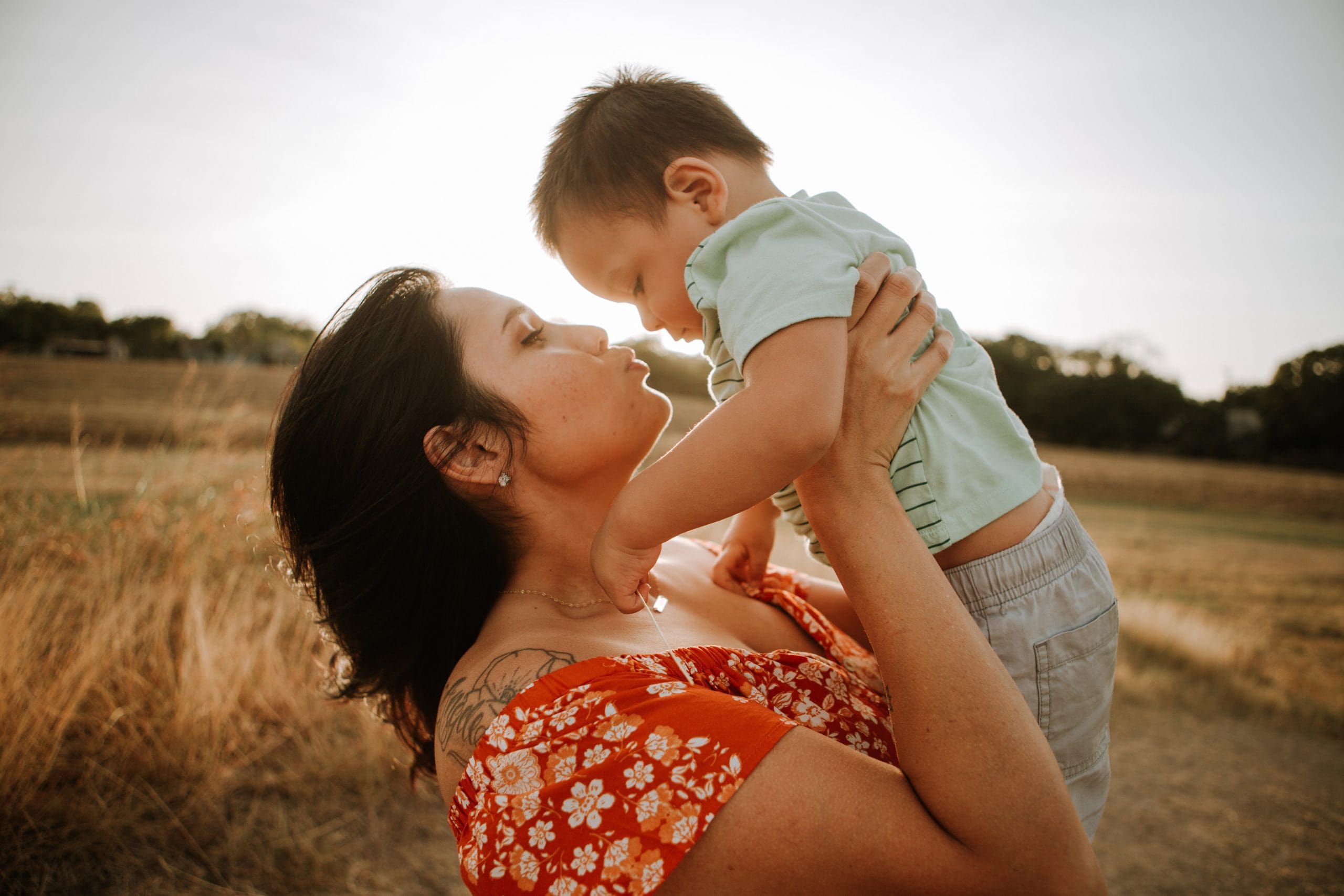“She hopes it doesn’t happen to other mothers”, Sofia’s story.
By Chelsea Castonguay
Sofia* is the mother of a young boy with Klinefelter syndrome. Surprised by the diagnosis after requesting a NIPT so she could have a gender reveal party, Sofia shared how her provider recommended termination. She hopes it doesn’t happen to other mothers.
Diagnosis:
Excited for a second pregnancy, Sofia anxiously waited to find out the sex of her baby. As the pregnancy was high-risk due to a medical issue with her uterus, she had a NIPT. She also hoped to learn the sex of the baby. She was looking forward to sharing the baby’s sex with friends and family at a gender reveal party. A call from her doctor’s office with the test results was shocking. They had to tell her the baby’s sex right away. Waiting to find out with friends and family was not an option.
Sofia was told the issue with her unborn baby was “time-sensitive,”. She needed to know the diagnosis, which would include the sex of the baby. She had to be fully informed so she “could make a decision.” The nurse practitioner said the baby most likely had something called Klinefelter syndrome (KS), or 47, XXY. Upon hearing the diagnosis, Sofia froze. While she listened, the nurse launched into a long list of potential issues the baby could experience, such as severe heart issues.
A mother’s worst fear:
Sofia listened in horror as she was told her baby would never live independently. When she told this story, tears welled up in her brown eyes. She was informed she had two weeks to decide if she would terminate the pregnancy. If she waited, she would have to travel out of her home state to get an abortion. Tears spilled out of her eyes as she recalled the conversation with the nurse.
Sofia felt torn, and wanted to know more information about the diagnosis. She requested an appointment with her OB, but the doctor didn’t have more information. Instead, Sofia was offered a printout of information. The nurse practitioner recommended an amniocentesis to confirm the diagnosis, which Sofia declined. Sofia then requested a referral to a specialist.
Genetic counselor:
With the understanding that Sofia was up against a clock that was running down, the genetic counselor saw her within a week. The provider had a slideshow prepared to share with Sofia and her husband. As they talked, the counselor told Sofia the information the nurse had provided was incorrect. Sofia learned that in fact many men with Klinefelter syndrome live healthy, full, and productive lives, only learning of their diagnosis when they try to start a family.
After allaying their fears, the counselor offered to connect them with men who were living with KS to talk about what to expect for their son. Going through the list of possible symptoms of the condition, the counselor commented that “anyone can have these things.”
The counselor added, “All of us have a genetic condition; your baby’s just has a name,” which helped shift Sofia’s mindset. She confidently decided to continue with the pregnancy, crediting the provider for helping save her son’s life. They left the meeting with a new perspective, and were more excited than ever to meet their baby.
Meeting Mateo:
Sofia was carefully monitored throughout her pregnancy through weekly appointments, as she was high-risk. Baby Mateo was born healthy following an easy delivery.
After his birth, the diagnosis was confirmed through a blood sample from Mateo’s umbilical cord. His pediatrician was not familiar with Klinefelter syndrome, which left Sofia to be the educator.
Growing and learning:
Overall, Mateo is doing great. He’s ahead of where his older brother was in all his milestones and has been developing well. His only area of concern is around feeding, as he has some low muscle tone in his jaw. However, Sofia swiftly advocated for services, and Mateo is seeing a therapist to address the issue. They are also on a waitlist to meet with a genetic specialist.
Mateo is an active toddler, who Sofia described as “a climber.” For Mateo, where there is a will, there’s a way. His five-year-old brother loves him. His brother was very excited to be a big brother. He’s a big help to Sofia when it comes to caring for Mateo.
Living with XXY:
At this time, Sofia and her husband haven’t shared the diagnosis with friends or family. They don’t want Mateo to be the subject of judgment, or sympathy. This is especially because it’s difficult to find accurate information about KS. Diagnoses and health issues are kept quiet in the Hispanic community. She asked for help anonymously in Hispanic mothers’ groups online. However, she’s yet to meet another Hispanic mother who has a child with KS.
Regardless of the negative information, Sofia is thrilled to have Mateo as part of their family. She said, “he’s amazing, and will have a good life regardless.” Sofia and her husband are still deciding how to share Mateo’s diagnosis with him. They may wait until puberty. While they’re deciding, Sofia has found comfort in knowing the Living With XXY community is there. She felt glad to know they’re not alone, and has enjoyed the stories of other families who are raising children with KS.
Helping other mothers:
When she received the diagnosis, Sofia worried about Mateo’s future. She wondered what his quality of life would be like. She wondered if she’d made the right decision to carry the pregnancy to term. The moment Mateo was laid in her arms, she knew they’d made the right choice.
She was happy to have a healthy baby. However, how the news was delivered traumatized Sofia. The misinformation provided could have been the deciding factor for her to terminate the pregnancy of an otherwise healthy baby.
By sharing her story, she hopes to help change the attitude of medical providers around Klinefelter syndrome. Sofia feels great frustration towards the provider who delivered the news. She hopes it doesn’t happen to other mothers.
Connect with Sophia:
If there are mothers in the Hispanic community living with Klinefelter syndrome who would like to connect with Sofia, please email [email protected]. We’ll help you get in touch.
*The family’s identifying information was changed to protect their privacy.




Leave A Comment